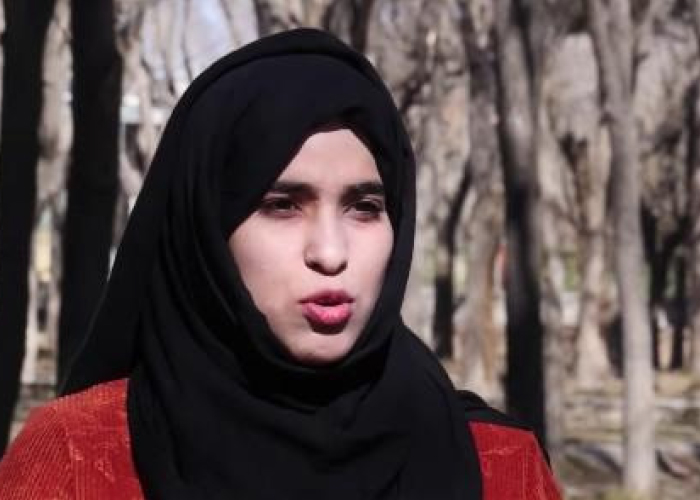KABUL - Afghanistan finds itself in a state between hope and fear–hope that the peace negotiations will finally put an end to the conflict, and fear that these negotiations will jeopardize the fragile gains made for women’s rights and gender equality over the past two decades, says a report by OXFAM International.
The report titled Women, Peace and Security that explores challenges, lessons learned and opportunities in Afghanistan, the Occupied Palestinian Territory (OPT) and Yemen, says violence continued to severely impact women in the first half of 2020, with 397 casualties.
In Afghanistan, while intra-Afghan peace talks started in September 2020, there are concerns that they will jeopardize fragile gains made for women’s rights over the past two decades.
Systematic challenges and weak cooperation persist, and civil servants have limited awareness and knowledge on the implementation of policies and practices on gender equality, the report says.
The report that is based on 19 interviews with women’s rights and civil society organizations in the country says Afghanistan has a very poor track record on including women in peace talks: they were present at only 15 out of 67 formal and informal talks tracked between 2005 and 2020.
This means women were excluded from nearly 80% of meetings, the report says.
“We have many hopes for peace, but so far, what we have heard about peace has been a propaganda rather than something practical,” said Muzlifa Kakar, a news presenter.
The women who participated were mostly members of parliament, in high government positions or well-known civil society leaders, the report says. While the peace process could change Afghanistan’s political system, laws and policies around women’s rights, equality and protection are currently quite strong and the key challenge relates to their implementation.
But an Afghan lawmaker, Farida Bekzad, said she hopes to continue her work as a representative of the people in the National Assembly after a possible peace deal with the Taliban.
“We don’t want to go back. Our demand is that women’s rights and the rights of all Afghans should be protected,” Bekzad said.
Sonia Mangal, head of a women’s committee in an organization said she has graduated from engineering despite facing many “hurdles” and that she is now working for an organization that is working for women’s rights in peace.
“We are very concerned about what will happen. Will the Taliban be like the past if they return?” she asked.
Home » Afghanistan » Afghans Fear Losing Gains in Women’s Rights in Peace
Afghans Fear Losing Gains in Women’s Rights in Peace

